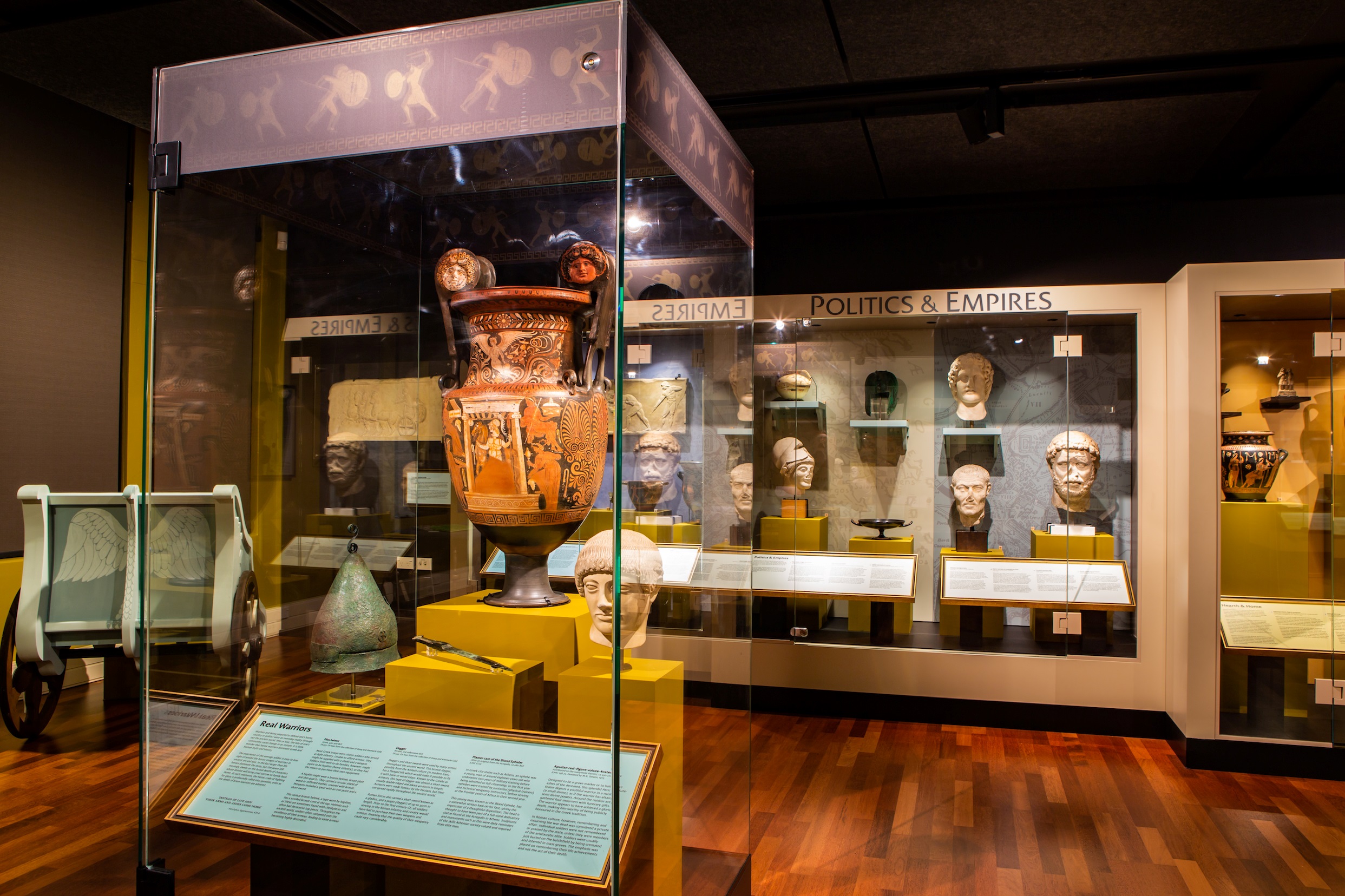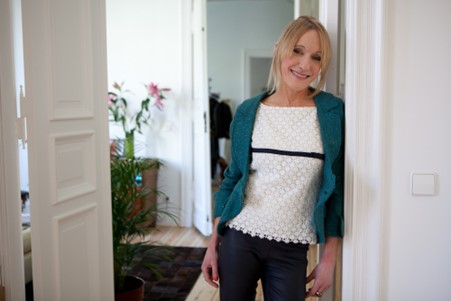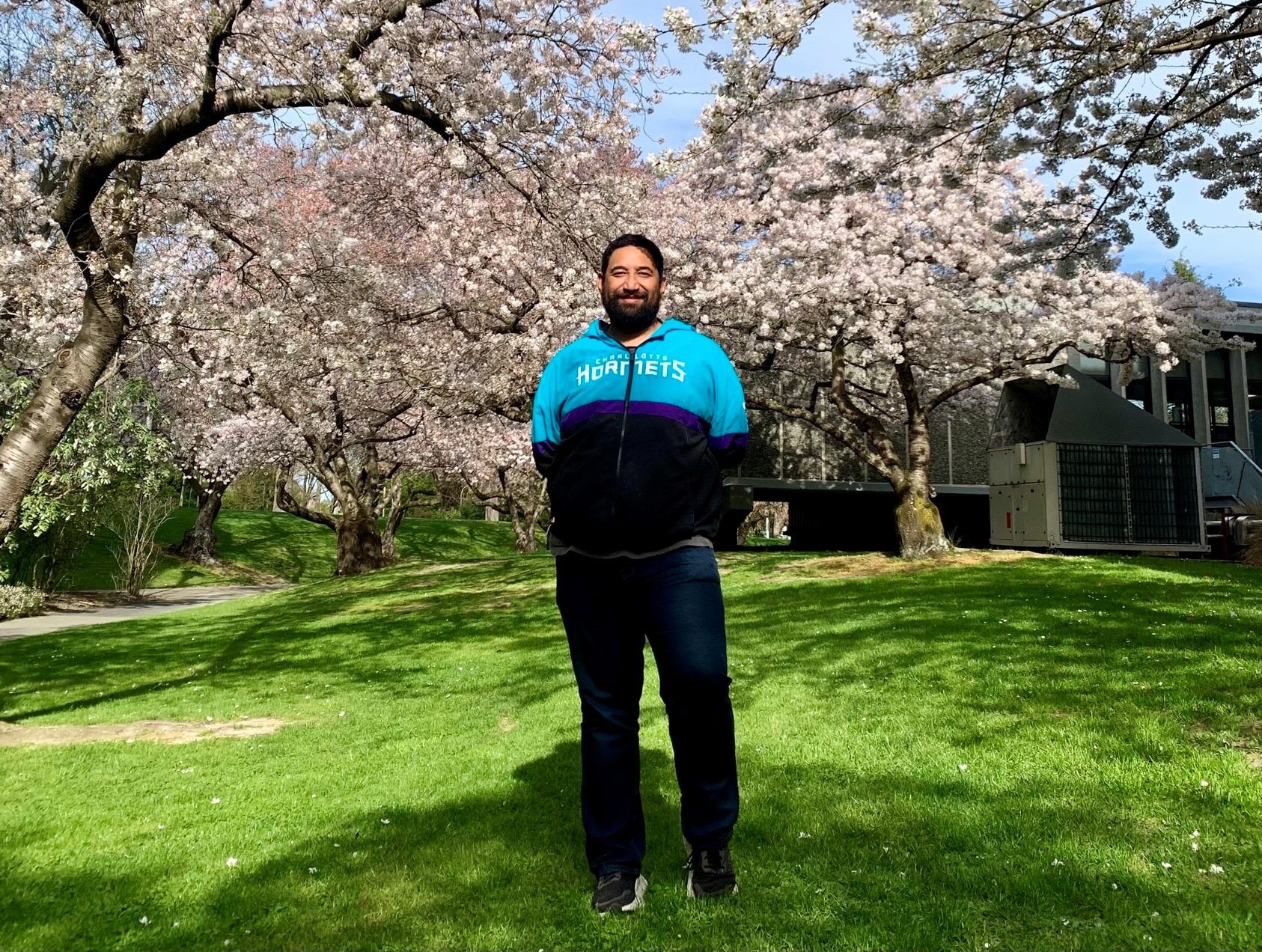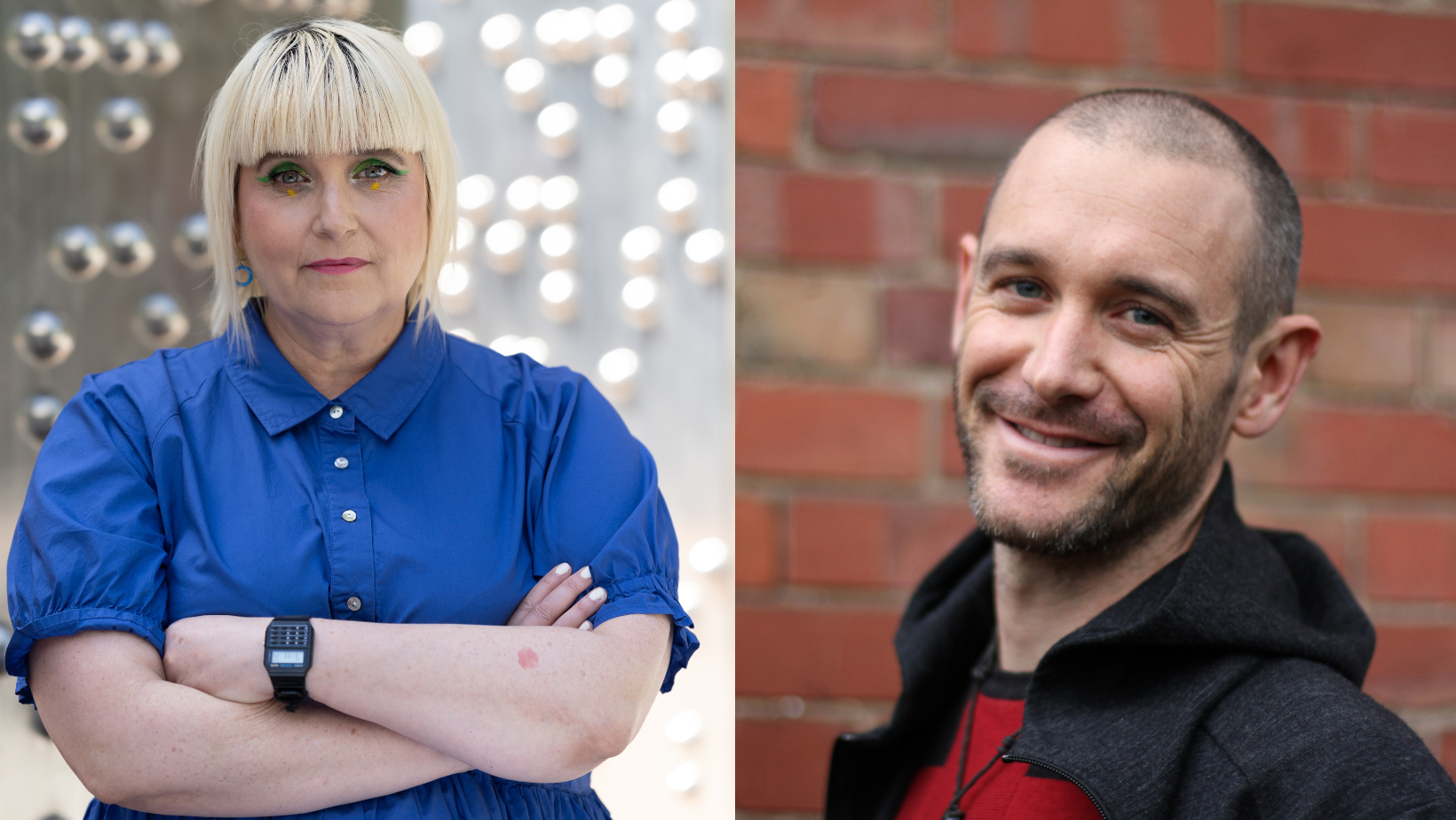“We’ve asked contributors to think carefully and courageously about the role digital humanities might play in creating communities capable of leading and contributing meaningfully to global conversations about a safe, equitable and sustainable future,” says Professor Millar.
“We want to focus on how digital technologies can not only create connections but support diversity, creativity, community building, wellbeing and resilience in a world of rapidly evolving challenges.”
Professor Millar says that the opening keynote panellists on Indigenous Data Sovereignty exemplify the courage and commitment it takes to achieve a more equitable future.
“In the digital age, indigenous peoples have too often been the unwilling targets of data-driven policy interventions, with little say over the collection, use and application of data about them, their lands and cultures,” he says.
“Professor Tahu Kukutai, Distinguished Professor Maggie Walter and Associate Professor Donna Cormack have ceaselessly advocated for the rights of indigenous peoples to control data about them, participate effectively in data gathering and research, and have access to resulting data for use by them in policy articulation, in planning, and in monitoring and evaluation efforts.”
In conversation with UC Executive Director Māori, Pacific and Equity, Sacha McMeeking (Kai Tahu), Aotahi School of Māori and Indigenous Studies, the panellists will reflect on their journeys as academic advocates and activists working to ensure Indigenous Data Sovereignty is recognised and protected, and share their visions of what full and fair implementation of an Indigenous Data Sovereignty agenda might mean for indigenous communities in the 21st century.
This virtual conference is run primarily by Te Whare Wānanga o Waitaha the University of Canterbury in Ōtautahi Christchurch and organised by a consortium of three Aotearoa New Zealand universities. Attendees include researchers, community leaders, representatives from the GLAM sector, and data scientists.







.png)



